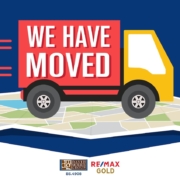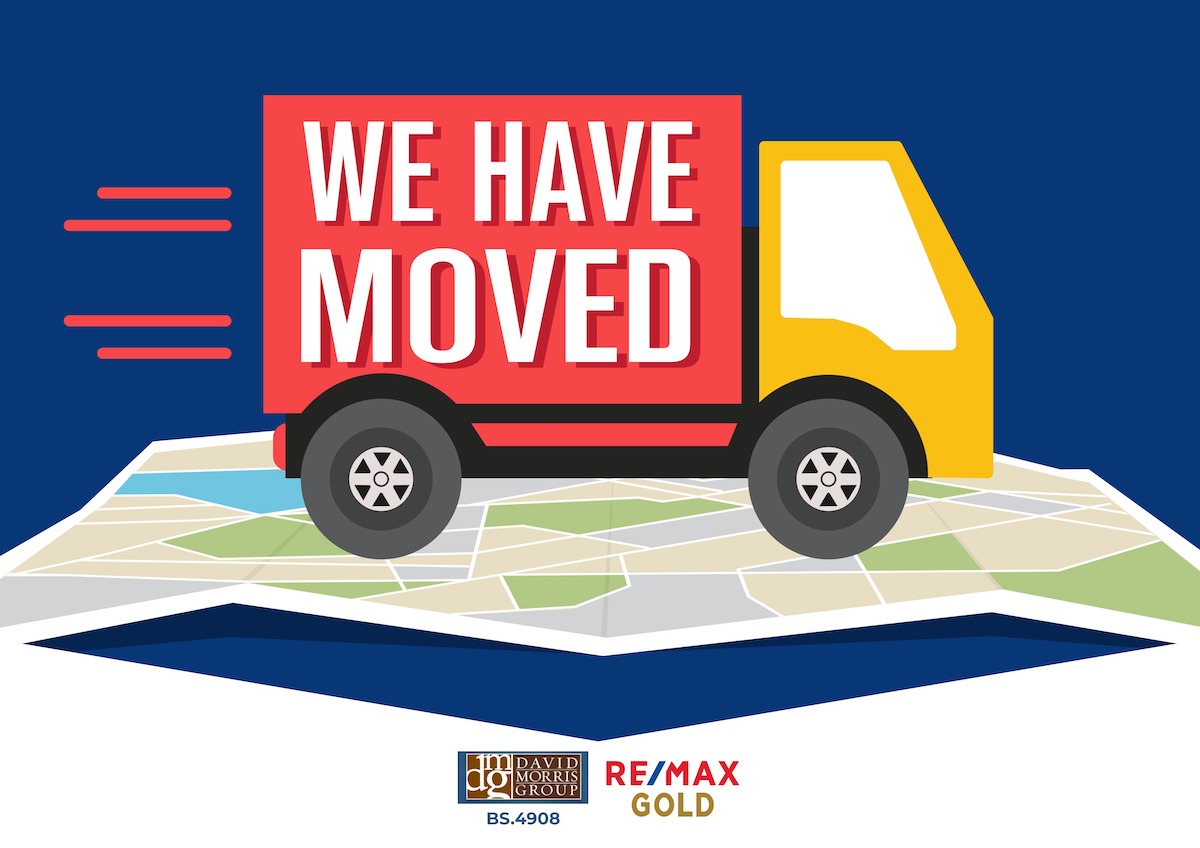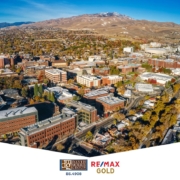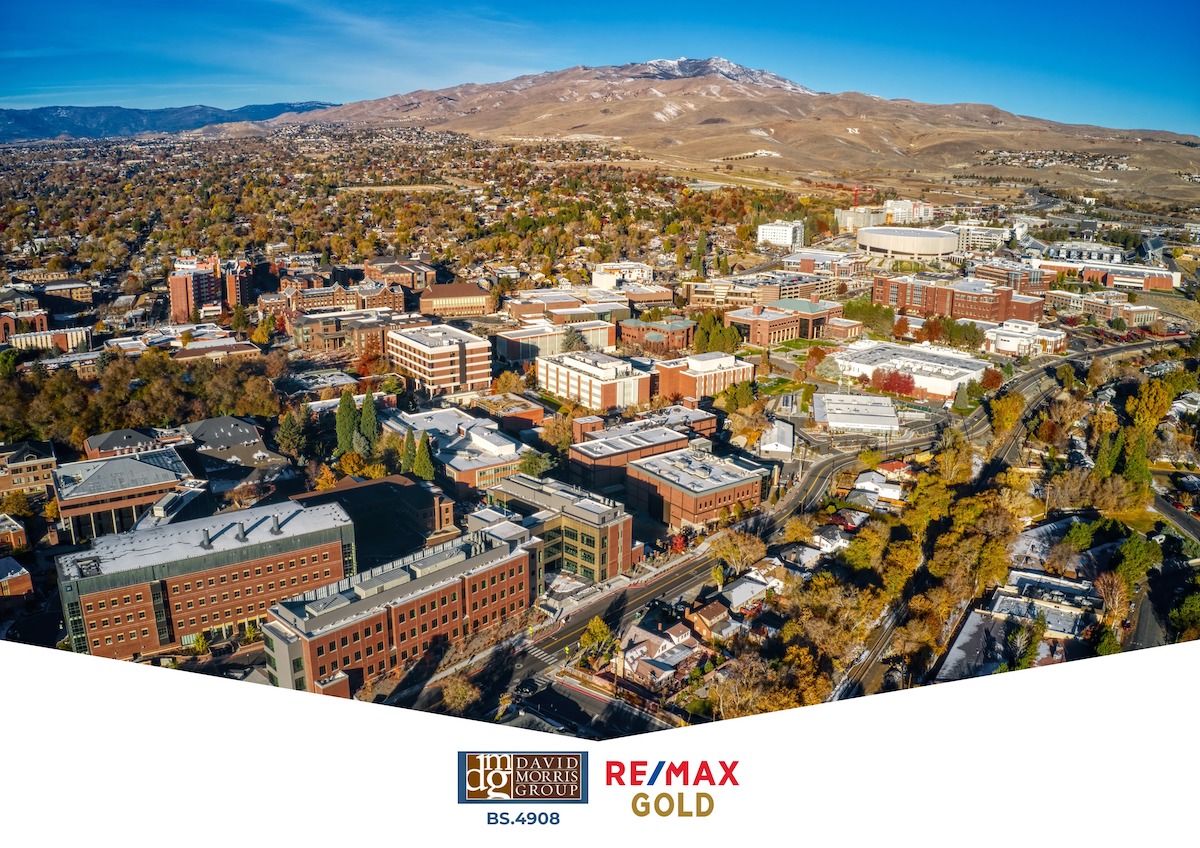Relocation Guide: Costs of Moving to a New Home
Purchasing and selling a home can come with some unexpected or hidden costs, and the same is true for moving. The less obvious costs of moving to a new home can catch some homeowners by surprise, and we want you to be prepared for every step of your home purchase experience. Below are some costs to consider and prepare for before making a move.
1. Moving Supplies
Safely transporting your belongings to your new home starts with proper packing. You’ll likely need a variety of boxes, packing tape, packing peanuts, moving blankets, and packing paper. We recommend reaching out to your network of friends, family, and coworkers to see if they have any supplies they’re willing to donate. If you’re looking to buy boxes, they run anywhere from $1 – $15, depending on the size.
2. Movers
Moving is a big production, and it’s likely you’ll need to hire a company to help. Remember to vet the moving companies, check their reputation, get references, and most importantly, ask about cost and what is included in the estimate. You don’t want to be blindsided by an added charge that wasn’t explained to you when you asked for an estimate, so make sure they are explicit on what you’re paying for. Hiring professional movers costs an average of between $562 and $1,554, while an out-of-state or cross-country move averages about $1,000 per room.
3. Professional Cleaning
A new home is a fresh start, so why not give the home a fresh start as well? Paying for a professional cleaner to come in and deep clean your new home is a great way to prepare to make the house a home. Cleaning companies typically charge by the hour or by the square footage. On average, homeowners report spending between $116 and $235 to have their homes professionally cleaned.
4. Paint
Painting a home is much easier when the home is empty. You can cut some costs by doing it yourself and only paying for the supplies you need, or you can pay a professional crew to get it done quickly. The painting of the interior of your home by professionals will cost, on average, somewhere between $1.50 and $4 per square foot.
5. Utilities
Before moving in, you’ll want to have water, gas, electricity, internet, and cable set up. Some utility companies may charge an added set-up fee or a service fee, so be sure to keep a little extra money set aside to cover those costs. Check with your local utility providers to get a breakdown of the first-time costs and the monthly costs.
These are just the costs that people don’t think about or underestimate! There are also other items to prepare for like the cost of new furniture, a storage unit, lawn care, groceries, changing the locks, a security system, etc. We recommend sitting down to budget out how much you expect to spend to move and settle into your new home, then add a generous cushion for any unexpected costs that may arise.
If you have questions about moving or what it’s like relocating to the Reno-Sparks community, contact the David Morris Group. We’re always happy to share our knowledge of the area and the real estate market!






















